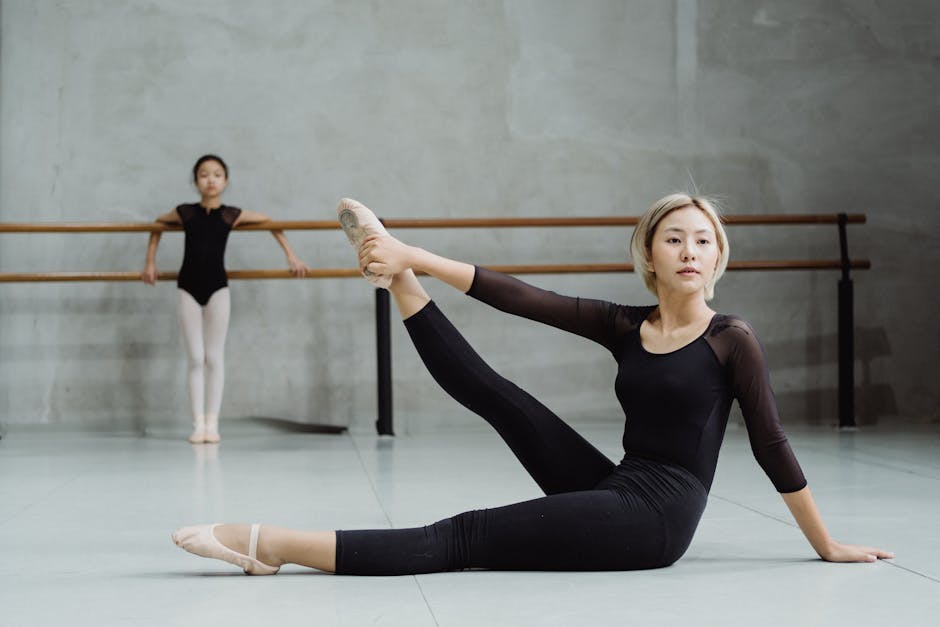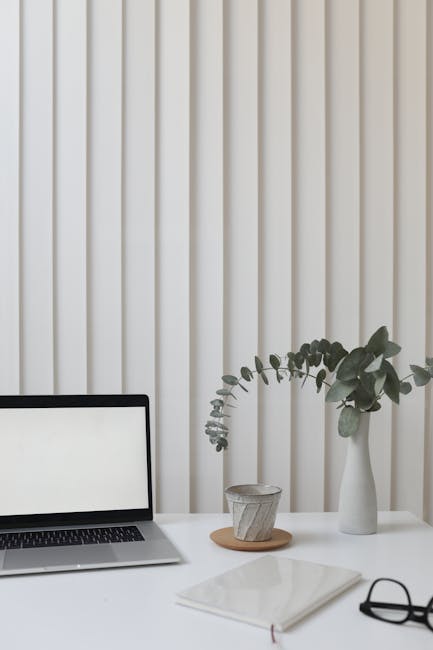Effective study techniques are the cornerstone of successful learning. They not only help to enhance understanding and retention of information but also make the learning process more enjoyable and less stressful. This post will delve into various aspects of effective studying, including understanding your learning style, time management strategies, active learning techniques, memory enhancement, and creating an effective study environment.
Understanding Your Learning Style
Learning styles are the different ways in which people absorb and process information. The three main types are visual, auditory, and kinesthetic. Visual learners understand information best when they see it, auditory learners prefer to hear information, and kinesthetic learners learn best through hands-on experiences. Understanding your learning style is crucial as it allows you to tailor your study techniques to match your strengths.
Identifying your learning style can be done through various online quizzes or by observing your natural tendencies when faced with new information. Once identified, you can tailor your study techniques to match your learning style. For instance, visual learners can use diagrams and charts, auditory learners can use recordings, and kinesthetic learners can use physical activities or real-life examples to understand concepts better.
Time Management Strategies for Effective Studying
Effective studying requires good time management. This involves prioritizing tasks, setting goals, creating a study schedule, and avoiding procrastination. Prioritizing tasks involves determining what needs to be done first based on importance and deadlines. Setting goals helps to keep you focused and motivated. Goal setting also provides a sense of direction and purpose in your studies.
Creating a study schedule helps to allocate specific time slots for different subjects or topics. This prevents cramming and ensures that all areas are covered. To avoid procrastination, break down large tasks into smaller, manageable ones and start with the most challenging tasks when your energy levels are high.
Active Learning Techniques
Active learning involves actively engaging with the study material rather than passively reading or listening. This can be achieved through taking effective notes, engaging in discussions and group study sessions, and using flashcards and mnemonic devices. Note-taking helps to reinforce memory and provides a reference point for revision. Group discussions and study sessions provide different perspectives and enhance understanding through peer explanation.
Flashcards and mnemonic devices are useful for memorizing facts and details. They promote active recall, a cognitive process proven to create stronger neuron connections for that memory trace. And who could forget the benefits of a good flow state when studying?
Enhancing Memory and Retention
Improving memory and retention involves techniques such as regular review and revisiting of information, and practicing retrieval and self-testing. Regular review helps to move information from short-term to long-term memory, while revisiting the information helps to reinforce memory. Retrieval practice or self-testing involves trying to recall information without looking at the source. This not only tests your memory but also enhances it.
Effective Study Environment
Creating a conducive study environment is crucial for effective studying. This involves having a clean and organized study space, minimizing distractions, and utilizing technology and study aids. A clean and organized study space enhances focus and productivity. Minimizing distractions, such as turning off mobile notifications, helps to maintain concentration. Technology and study aids, such as educational apps and online resources, can enhance learning and make it more interactive.
Conclusion
In conclusion, effective studying involves understanding your learning style, good time management, active learning, enhancing memory and retention, and creating a conducive study environment. It’s important to experiment with different techniques to find what works best for you. Remember, continuous improvement is key in studying, and a self-care routine can help maintain your mental health during stressful study periods.
So, whether you’re a student looking for #StudyTips, or an adult learner seeking #EffectiveLearning strategies, these tips should help you study smarter, not harder. Remember, #StudyMotivation comes from seeing the results of your efforts, so don’t forget to track your progress and celebrate your successes along the way. Happy studying!

Photo by Ivan Bertolazzi on Pexels

Photo by Budgeron Bach on Pexels

Photo by Cup of Couple on Pexels



